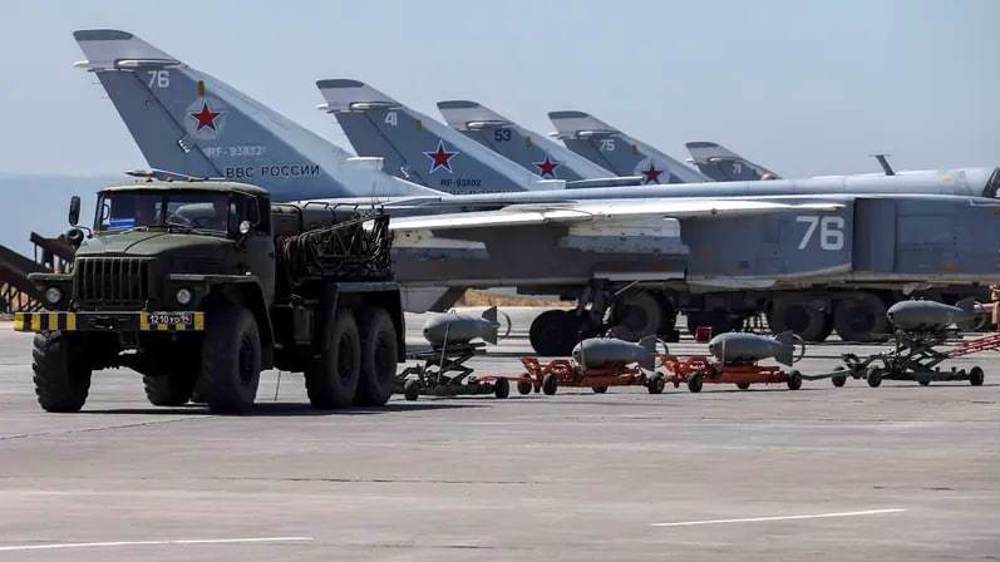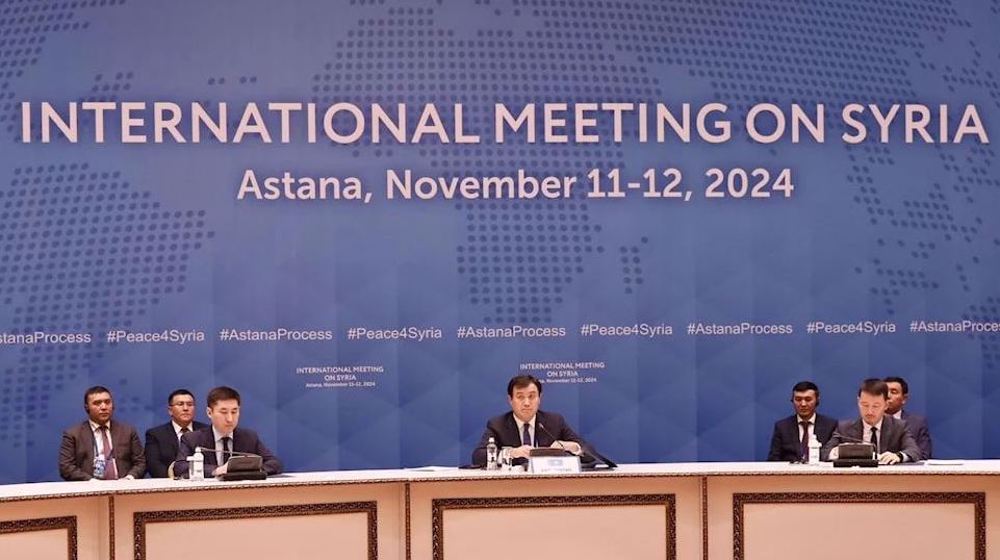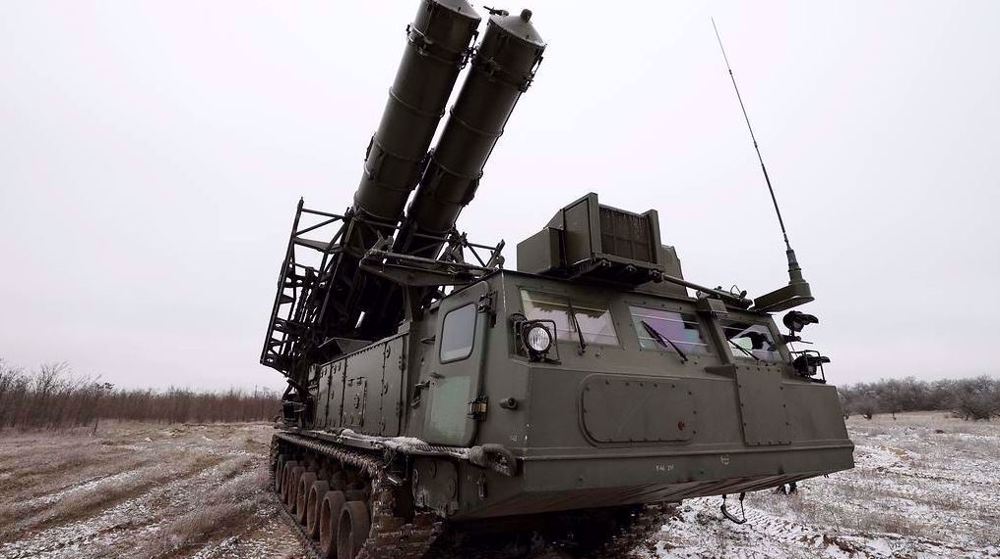Russia: NATO actions show Cold War era not over
Russia vows to respond to NATO’s military build-up up on its eastern borders and the Baltics in a “predictable and systematic way”, saying the Western military alliance’s actions are reminiscent of its Cold War-era rhetoric.
Kremlin spokesman Dmitry Peskov said on Monday that Moscow will no longer regard NATO’s Cold War-era rhetoric “a thing of the past," adding that Russia-NATO relations are “quickly rolling back” to Cold War-era lows.
“NATO is a product of the time of confrontation. It is an instrument created for confrontation. What contribution it can make to ensuring European stability and security is disputable,” Peskov stated.
The Russian official also expressed alarm over "the expansion of NATO presence and the bloc's ongoing enlargement" towards the country's borders.
"This is a source of concern for Moscow and is the reason for a series of predictable, systematic and consecutive steps which Moscow is taking to safeguard its security interests under the current circumstances,” Peskov added.
Last week, Russian Defense Minister Sergei Shoigu said his country has boosted its military presence in the country’s southwest with “precision long-range weapons” to fend off “attempts by some nations to expand their military presence” near Russia’s borders.
Shoigu added that the Southern Military District has also been reinforced by air defense and the Russian navy potential in the southwest has been strengthened by one-third.

NATO leaders are set to officially approve the deployment of more troops in Eastern European member states as part of a “deter and dialog” strategy at a Warsaw summit in July. They announced that the summit aims to establish closer cooperation between NATO member states and the European Union.
On May 13, Russian President Vladimir Putin strongly criticized the deployment of a US missile system near his country, and vowed to neutralize any threats against Russia. Putin’s remarks came a day after the US activated the land-based missile system in Romania, despite Russia’s previous warnings against a growing US-led arms deployment near its borders.
Moscow has time and again warned that the move could complicate the security of the West Balkan region.
Ties between NATO and Russia have been tense for the last two years over a crisis in Ukraine, where the government and its Western allies keep accusing Moscow of having a hand in the militancy in the east. The Kremlin strongly rejects the claims. Russia has also criticized NATO’s expansion policy to include countries in the Western Balkan region, saying the move directly harms Russia’s strategic interests in the area.
Hezbollah attacks Israeli military bases in Tel Aviv, Haifa
Hezbollah strikes multiple Israeli targets in fresh retaliatory operations
VIDEO | New Zealand: Maori MPs protest in parliament with Haka war dance
Pezeshkian: World has come to believe Iran seeks peace, security
Houthi: US bombs inflame, escalate wars of extermination in West Asia
VIDEO | Press TV's news headlines
UN report says Israel’s methods in Gaza align with ‘genocide’
Attempts to dehumanize Hamas resistance movement doomed to fail










 This makes it easy to access the Press TV website
This makes it easy to access the Press TV website